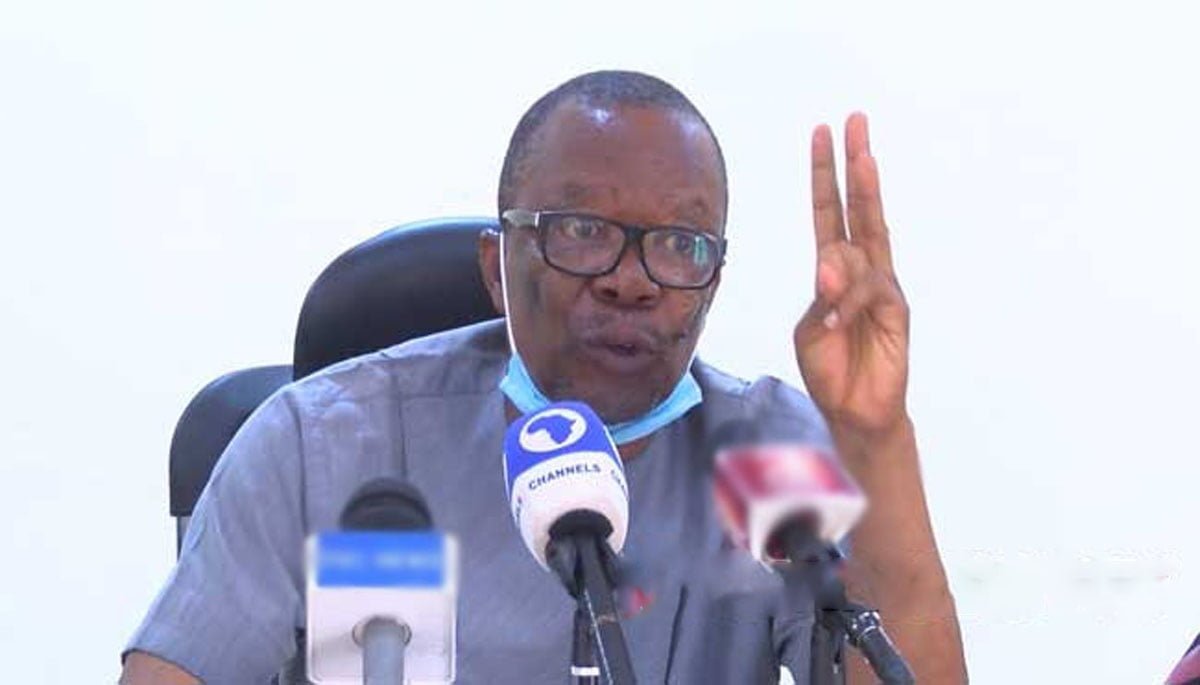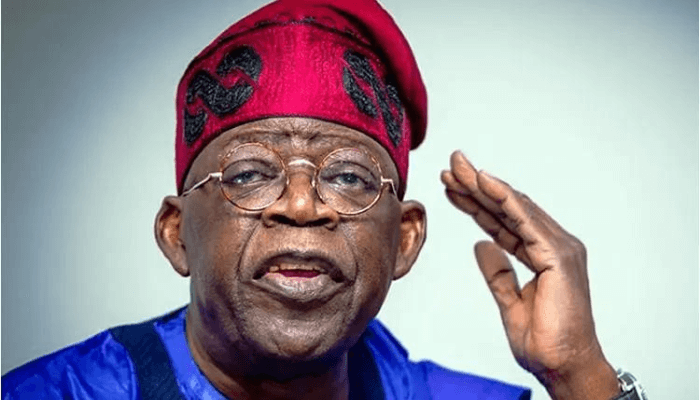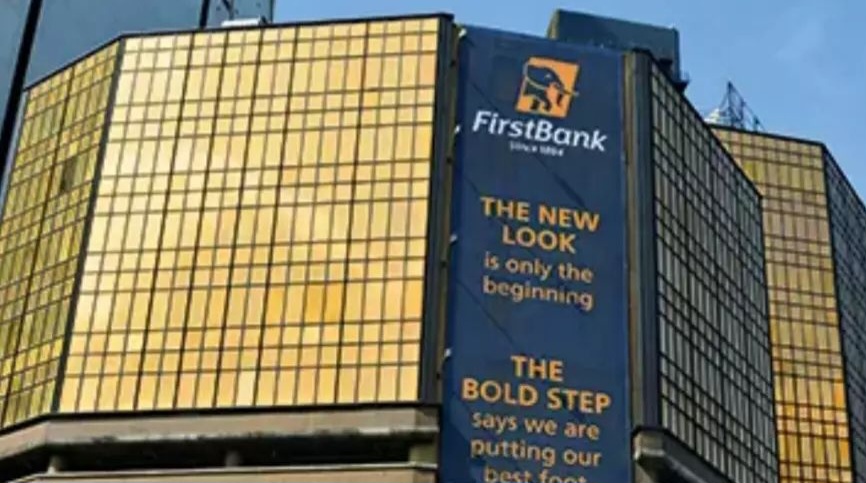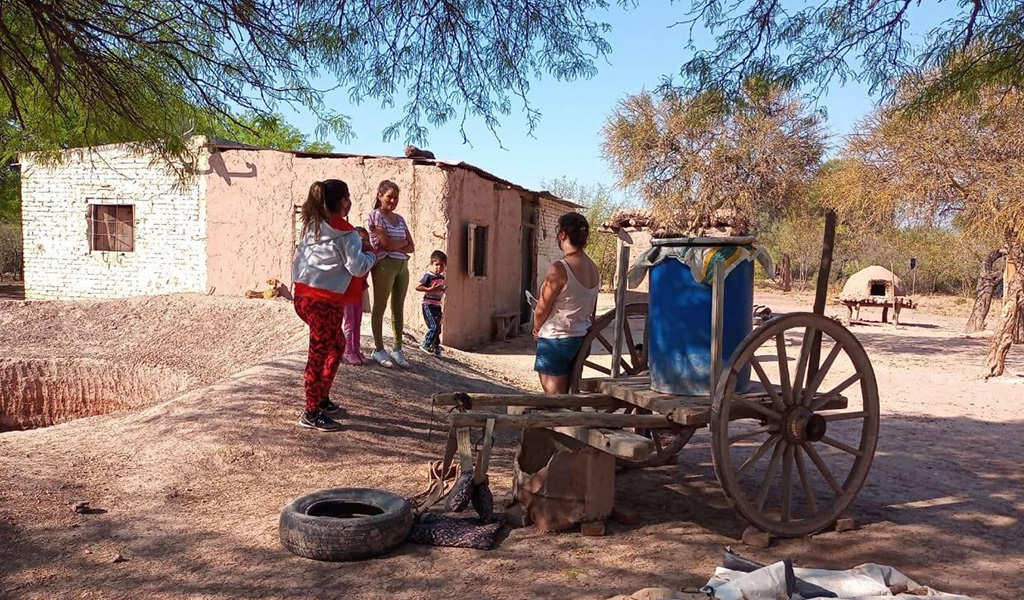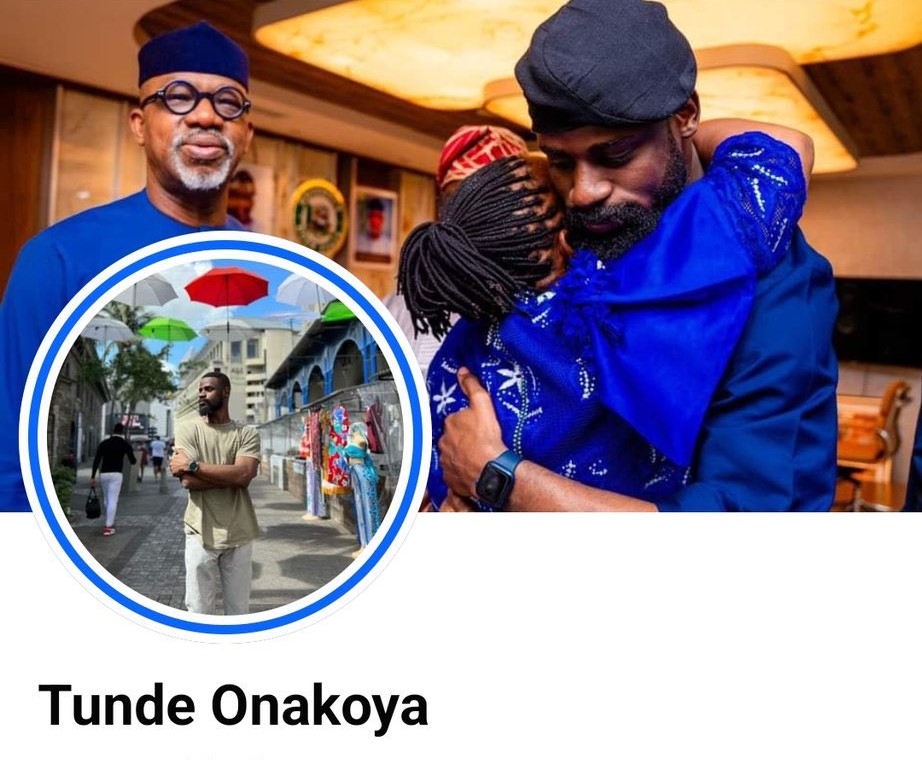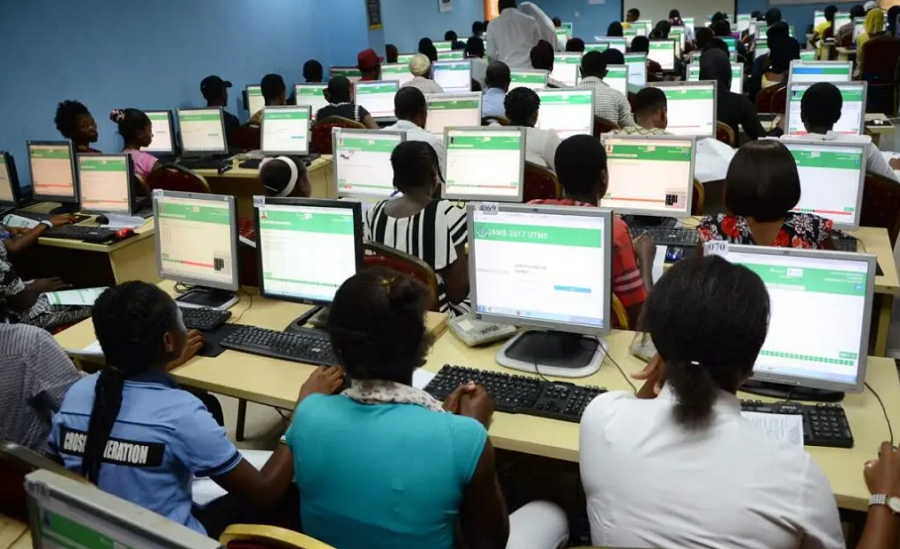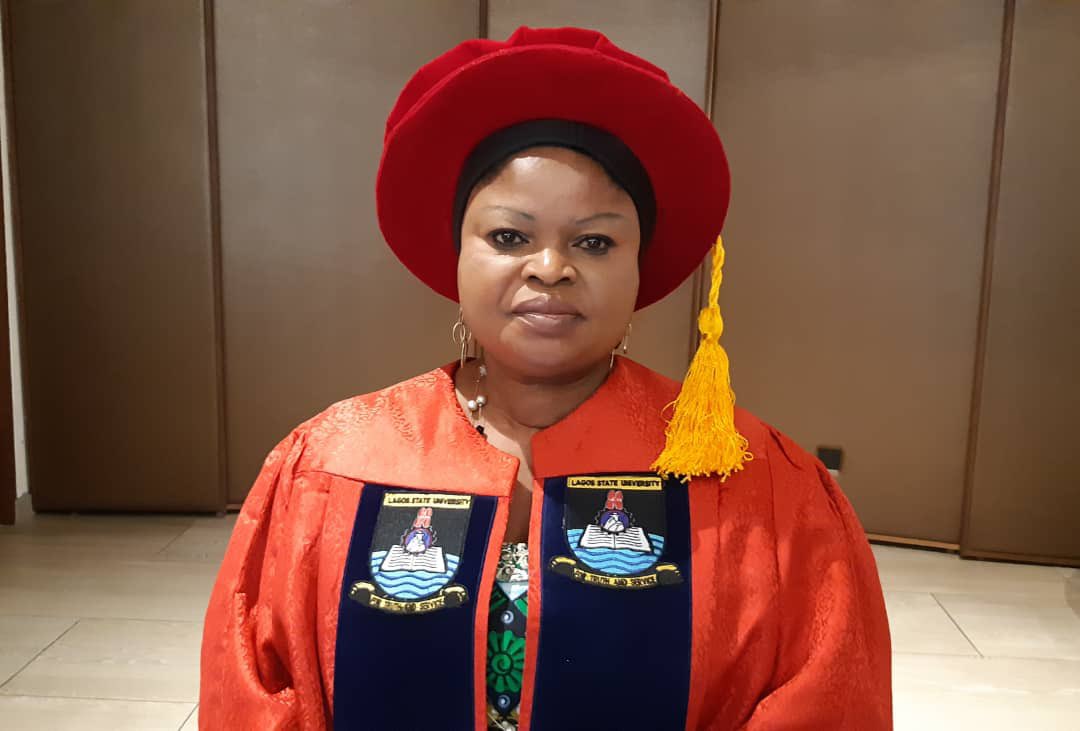History repeats itself, but in such cunning disguise that we never detect the resemblance until the damage is done.– Sydney J. Harris
1993 might be here again, but it’s fine if you can’t see it. History is smart. It comes back every now and then, wearing a new dress each time just so you don’t recognise it until the deed is done. But history is a loyal friend. If you love it enough, it reveals itself to you at each reincarnation, so that a student of history is never surprised. Thirty years ago, it was M.K.O. Abiola with a signature cap (a comparatively large fila with a long neck) seeking votes to be president. Today, it is Bola Tinubu with another signature cap at the centre of the storm.
With his doctrine of “renewed hope”, Tinubu has clearly aped Abiola’s campaign slogan of “Hope’93: Farewell to poverty”. Although Abiola clearly won the June 12, 1993 presidential election, he was not declared winner. But in a twist, Tinubu has just been declared president-elect by the Independent National Electoral Commission (INEC). INEC said he got 8,794,726 votes, Atiku Abubakar of the Peoples Democratic Party (PDP) got 6,984,520, Peter Obi of the Labour Party (LP) got 6,101,533, and Rabiu Kwankwaso of the New Nigeria Peoples Party (NNPP) got 1,496,687.
In 1993, Nigerians were determined to roast Ibrahim Babangida, the military head of state who annuled Abiola’s victory, but it’s almost the opposite today. From conversations on social media, the emergence of Tinubu has upset a significant number of young Nigerians, the same demograpghy that hit the streets in protest upon the cancellation of the election that would have brought Abiola. These young Nigerians are now proposing a protest or a revolution against INEC and the APC-led federal government for declaring a winner in an election described as unfair by local and international observers. Clever history!
To be sure the June 12, 1993 presidential election is being relived, the Muslim-Muslim ticket of the Abiola-Kingibe SDP was reinvented by Tinubu, who did not only choose a Muslim running mate, but also one from Borno State like Abiola’s deputy, Babagana Kingigbe. With this, the Jagaban furnished Abiolarism into the APC in the strictest opportunist sense of it.
On Tuesday, representatives of the LP, the PDP and the AP called for the annulment of the February 25 election for the same reasons Babangida, who had promised a peaceful transition of power to the civilian rule, aborted Abiola’s victory: corrupt pre-election activities and manipulations. Olusegun Obasanjo, a former president, aired the same view on Monday. He accused INEC, chaired by Mamood Yakubu, of lacuna, corruption and perversion.
Also, President Muhammadu Buhari is believed to have revealed his anti-Tinubu interests by introducing his controversial cashless policy a few weeks to the election. As it was obvious, Nasir el-Rufai, the APC Governor of Kaduna and staunch Buhari supporter, turned against the president, urging residents to continue to spend the old notes until the second coming, inspiring more governors to rebel against the somewhat militaristic policy of the federal government.
We know those who cried when Abiola’s mandate was taken away. But if, as several Nigerians hope, Saturday’s election is annulled and an interim leader is enthroned, who will cry for Tinubu?
THE POLITICAL ACTION AND ITS PHYSICAL FORCE
Though called a party, Peter Obi’s Labour Party is practically a movement. The Labour movement is a representation of the collective unconscious of the Nigerians who want a change to the practically two party-system structure of the country.
Challenging such conservative entrenchment strictly through a political action would surely have its attendant physical force. Every political action must surely have its equal and opposite reaction.
If the LP was devoid of godfatherism, the stakeholders of the party could have known that mere political action would be attended by the physical force of a military regime. And that is what we are having in the country at the moment: a fascist country that is mentally and morally controlling its people through physical force, simply because of a party movement, which in its purest and most peculiar sense, attempts to disrupt the systemic dictatorship some antidemocratic diehards opportunistically dogmatised and preternaturally indoctrinated.
Even though a large number of youth voters did not know what the future had for them in an Obi-in-office government, they were willing to cast their ballots anyway.
THE VICTIM AND THE SURVIVOR OF ELECTORAL VIOLENCE
What would be the gain of standing long hours in the queue, getting stabbed by money-induced thugs, and eventually casting your ballot? What are the spoils of snatching ballot boxes? Why should a voter suddenly drop dead at a polling unit for simply exercising a preference for a preferred candidate?
Bina Efidi, a resident of Ikate, in the Surulere area of Lagos, had gone to exercise her franchise on Saturday, when she met a terrible fate as youth thugs stormed the only polling unit on her street in Ikate, Surulere area of Lagos, indiscriminately opening fire and throwing broken bottles. She went back home with injuries on her face.
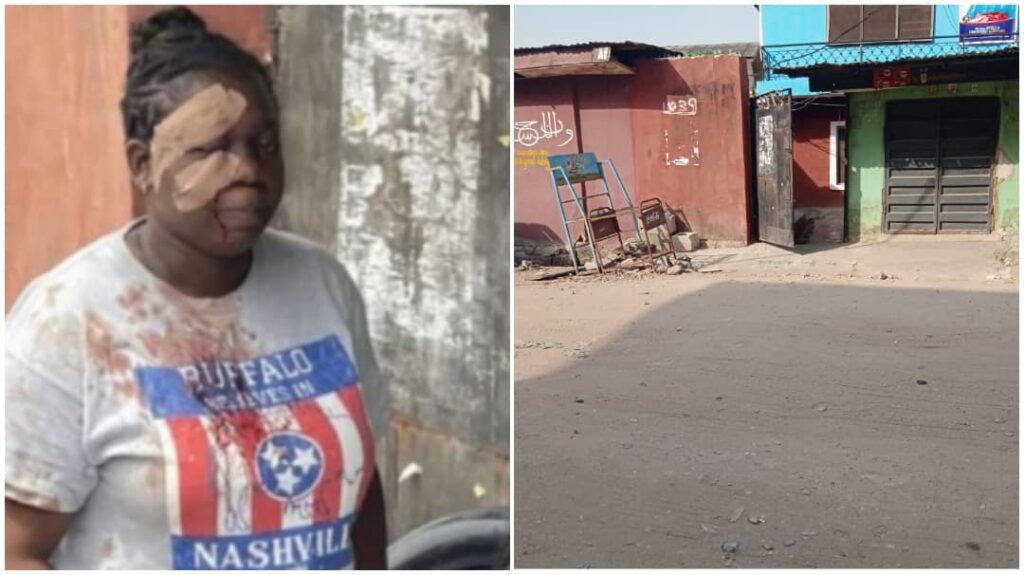
On that same day, but this time in Kogi State, Ojochenemi Akayabi, a graduate of Political Science at Prince Abubakar Audu University and National Youth Service Corps (NYSC) member, was shot dead by one policeman for allegedly snatching away a ballot box in Anyiba, Dekina Local Government Area of the state.
Sadly, there hasn’t been any particular address to the victims and survivors of electoral violence from any of the leading candidates. This act is first inhumane and runs sharply contrary to a people-centred democracy. This act is also barbaric and reveals very deeply how egregious and perverse the political ambitions of the party candidates are. All these are consequences of opportunism, chauvinism and bureaucratic collectivism.
THE GOOD AND THE BAD SIDES OF THE CASHLESS POLICY
In the southsouth region of the country, especially in Yenogoa, the capital of Bayelsa, residents unusually had to walk long miles to their polling units, partly because of the cash crunch that trailed Buhari’s new cash policy.
In the southwest, notably at Isale Oba polling unit, Iwo Local Government Area of Osun State, there was a noticeable reduction in vote-buying as a consequence of cash scarcity.
The general election cannot be judged to be free, fair and credible because the environment was not democratically friendly. There was voter suppression through hunger, so much that several potential voters were stopped from exercising their civil rights.
But how did the arch-hypocrites of democracy, with their increasingly poisonous partisanships, crave the peaceful conduct of an election in a land where justice is at its abhorrent peak? History, oh history.
Subscribe
Be the first to receive special investigative reports and features in your inbox.







